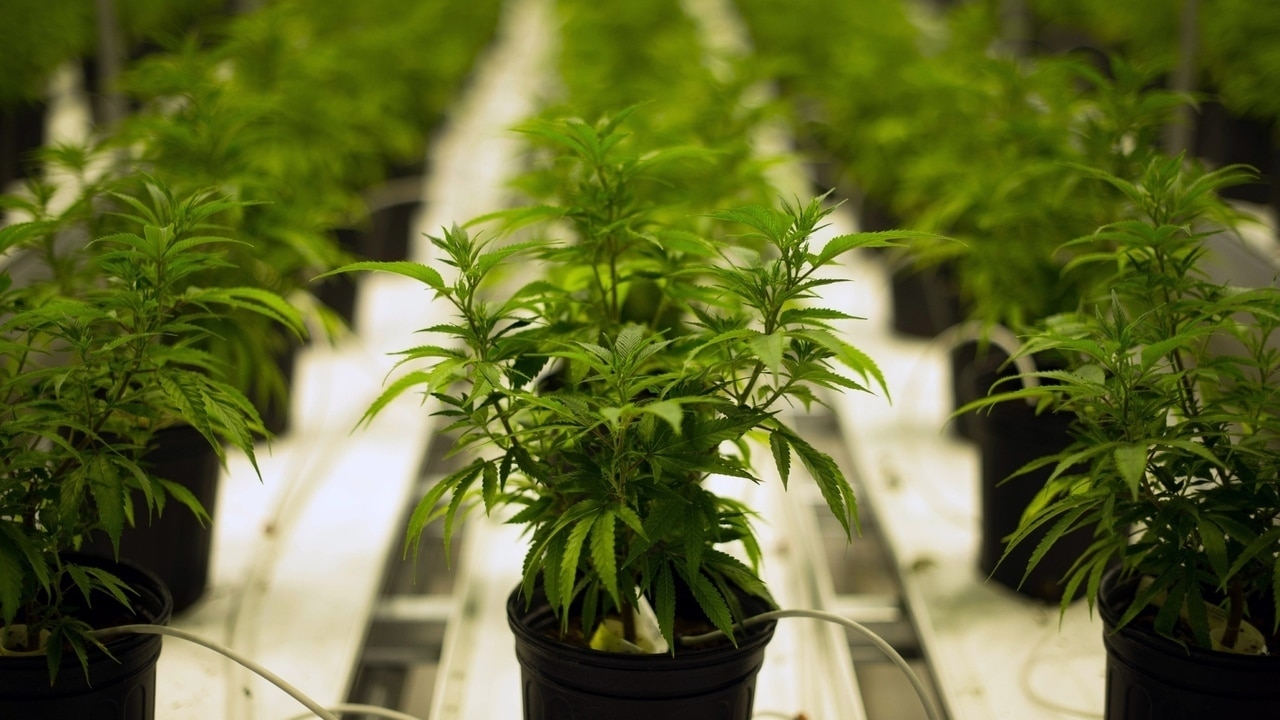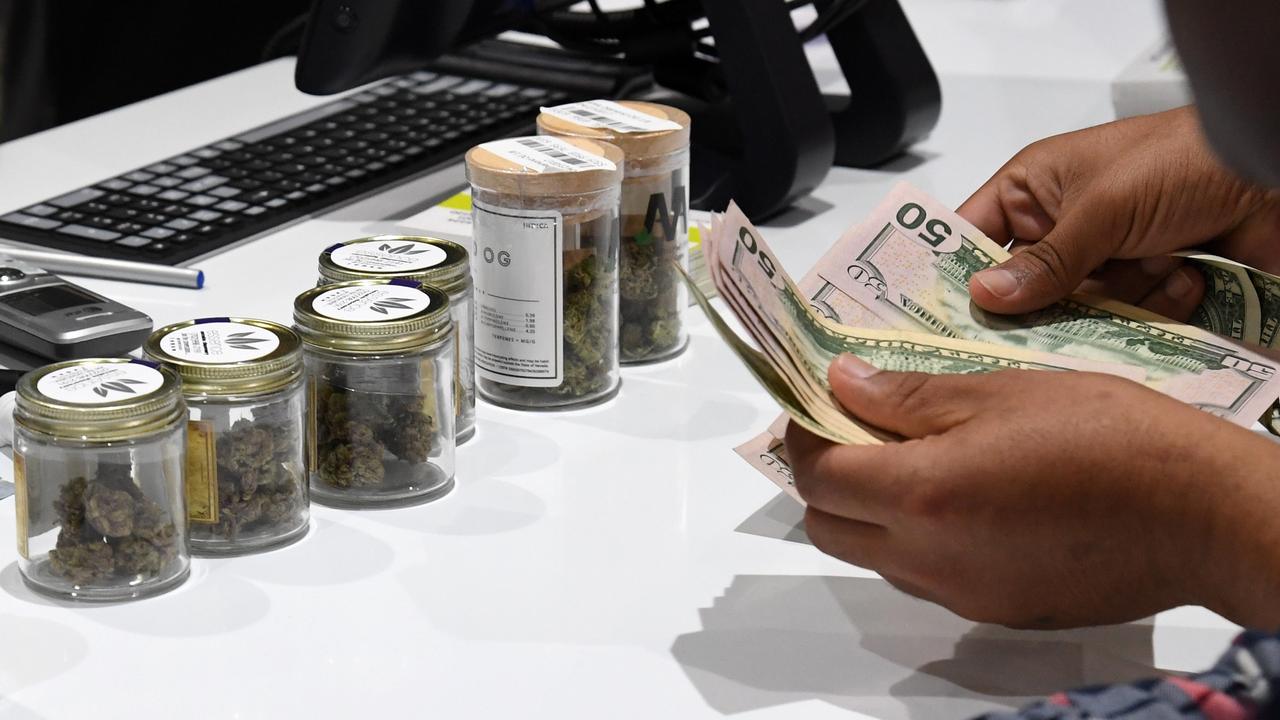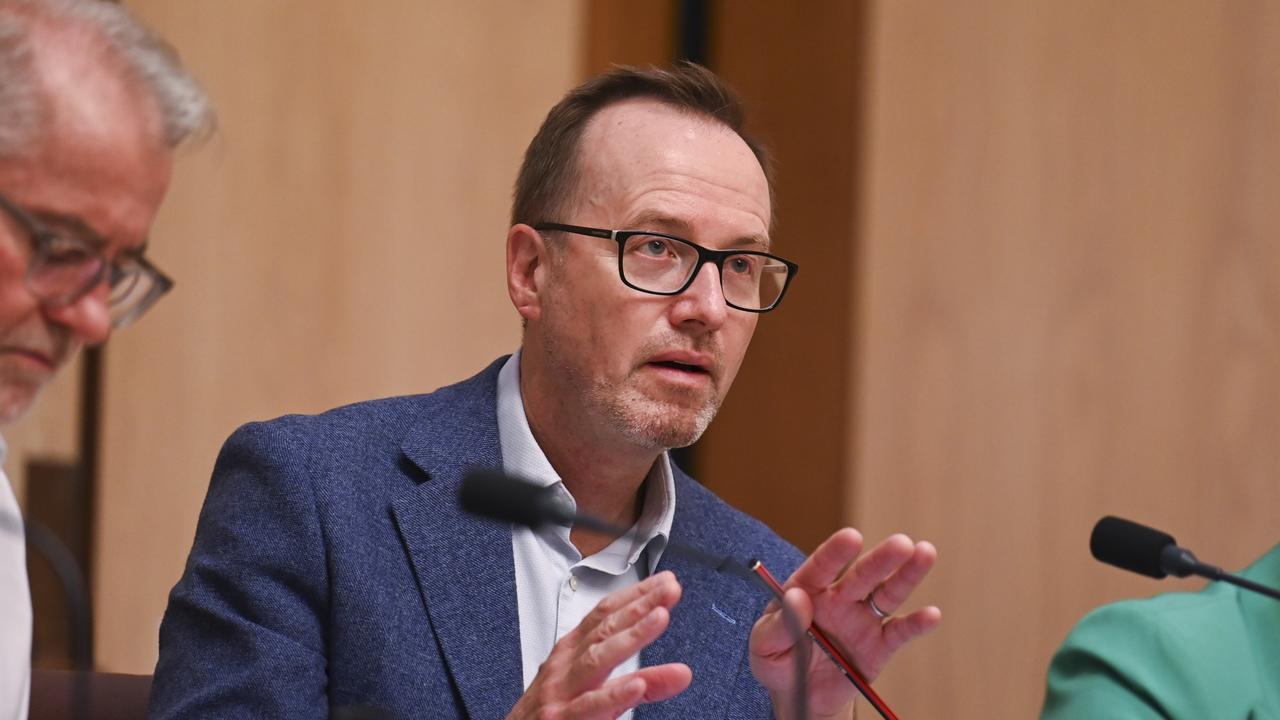Senate report rejects proposed laws to legalise recreational cannabis use in Australia
Australia won’t see any cannabis cafes selling brownies anytime soon, despite agreement that the use of marijuana should be prioritised as a health issue.

A push to legalise the recreational use of cannabis on a national scale has been knocked back after experts expressed concerns it would lead to more use of the drug among young people.
A Senate committee rejected a bill introduced by Greens senator David Shoebridge on Friday, which calls to allow for cannabis possession for personal use in Australia, as well as the establishment of a national agency to regulate the growing of plants.
After receiving over 200 submissions the committee noted evidence from peak medical bodies including the Australian Medical Association (AMA) that warned wider access could exacerbate health risks, particularly for adolescents.
“Ultimately, the committee is concerned that the legalisation of cannabis for adult recreational use would create as many, if not more, problems than the bill is attempting to resolve,” the report said.
“While endeavouring to do so, the bill does not address several significant concerns, for example, ensuring that children and young people cannot access cannabis (particularly home-grow), managing risky cannabis use, and effective oversight of THC content.”

The committee report noted that the majority of submissions agreed that cannabis use “should be treated first and foremost as a health issue instead of a criminal issue.”
Cannabis remains the most commonly used illicit drug in Australia, according to the latest National Drug Strategy Household Survey, with more than 2.5 million people having used it recently.
In 2019, about 11.7 per cent of people aged 14 years reported having had used the drug at least once it in the past 12 months. The figure was higher for Aboriginal and Torres Strait Islander young people, at 16 per cent.
Under the Greens model, adults in Australia could legally grow six cannabis plants but it would remain a crime to sell the drug to anyone under the age of 18.
The bill also proposes the creation of licensed Amsterdam-style ‘cannabis cafes’ that sell marijuana products, such as edibles.
In his dissenting report, Senator Shoebridge argued the creation of a national cannabis market would generate thousands of jobs and remove “billions” from the black market.
“This inquiry shows clearly how evidence-based and human-centred reforms like this, we will need to break the stranglehold of politics as usual,” he said.
He said despite the committee’s findings the Greens plan to introduce the bill into parliament this year.

“The majority report in this inquiry reasonably fairly covers the evidence we had in the inquiry, although it does not detail the hundreds of individual submissions to the inquiry that, almost unanimously, asked us to vote this into law and to finally legalise cannabis,” he added.
Medical cannabis was legalised in Australia in 2016 and last year around 700,000 people reported having used cannabis for medical purposes.
Penalties for illicit use of marijuana, which remains illegal in all states and territories, vary based on jurisdiction.
In NSW, a first-time offender caught with a small amount of cannabis could be issued with a formal caution.
Offenders caught with up to 50 grams of cannabis in Queensland must be first offered a drug diversion program as an alternative to criminal prosecution.
In Western Australia, maximum fines can range from $2,000 to $20,000 and up to two years in prison.



